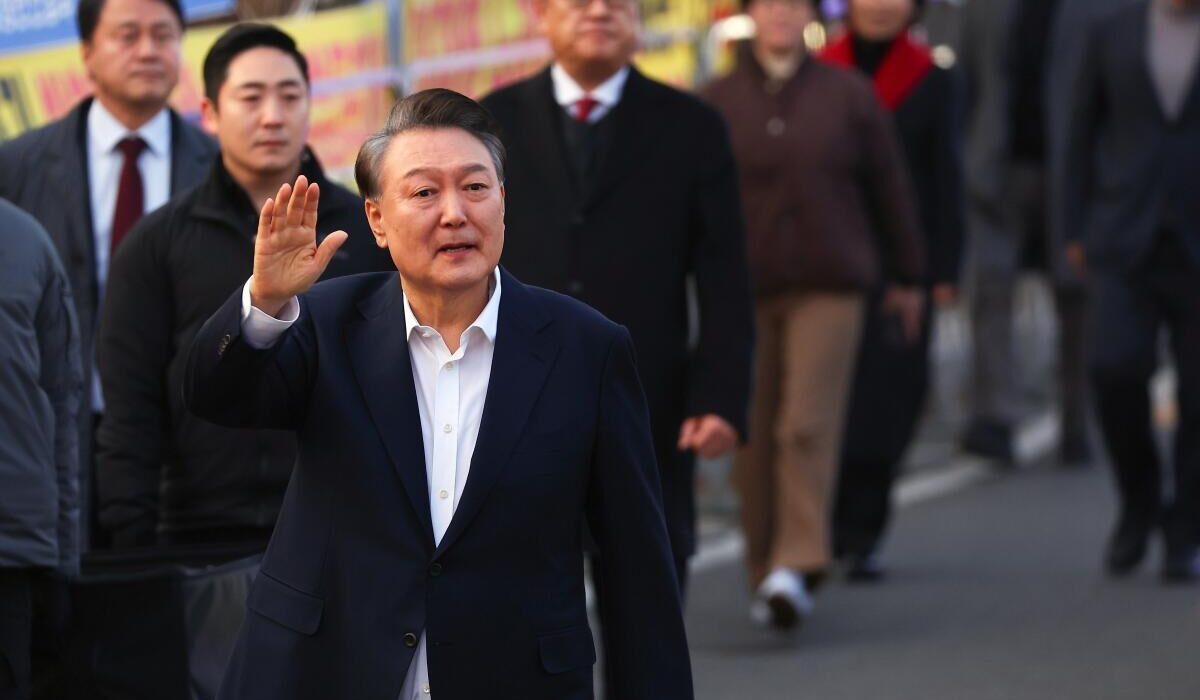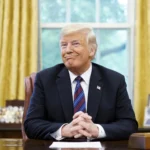South Korea’s Constitutional Court has unanimously upheld the impeachment of President Yoon Suk Yeol, officially removing him from office and setting the stage for a snap election to be held by June 3.
Yoon, who was suspended by parliament in December following a controversial attempt to impose martial law, has now become the latest South Korean leader to be ousted through constitutional means. His removal marks a dramatic turn in the country’s political history, sparking both celebration and sorrow among citizens.
Crowds gathered across Seoul to watch the live broadcast of the court’s verdict. Some wept with joy, while others mourned what they saw as an unjust political downfall.
All eight judges on the bench ruled in favour of impeachment, delivering a scathing assessment of Yoon’s conduct. Moon Hyung-bae, who presided over the ruling, declared that Yoon’s failed military takeover “was not justified” and that he had “[gone] against the people he was supposed to protect.”
He further stated that the imposition of martial law “damaged people’s basic political rights” and “violated the principles of the rule of law and democracy.”
Yoon’s presidency, though short-lived, has left deep cracks in South Korea’s democratic fabric. While initially met with widespread condemnation for his authoritarian power grab, Yoon managed to rally significant support through defiant rhetoric and unsubstantiated claims.
Throughout his trial, he refused to concede wrongdoing and clung to conspiracy theories — alleging infiltration of the government and electoral system by Chinese and North Korean spies. He described his political opponents as “anti-state forces” and insisted that past elections were rigged.
The rhetoric resonated with many. Over time, Yoon has recast himself as a victim of a corrupt elite, fueling a surge in far-right activism. Weekly protests in Seoul draw thousands of loyalists who question the integrity of the judiciary and electoral process.
These views are increasingly mainstream. Polls suggest that more than a third of South Koreans now distrust the Constitutional Court, and over a quarter doubt the transparency of national elections.
In the wake of the court’s decision, South Korea finds itself not only without a leader, but in the grip of political polarization. With a new election imminent, the country must grapple with restoring public confidence in its democratic institutions.
Meanwhile, diplomatic challenges loom. The return of Donald Trump to the U.S. presidency has already brought economic strain, with a 25% tariff on South Korean cars and steel. Many analysts warn that further tensions are likely, particularly over military cost-sharing and relations with North Korea.
As South Korea prepares to choose its next leader, it faces a crucial question: who can unite a fractured nation, safeguard its democracy, and navigate the global pressures ahead?








